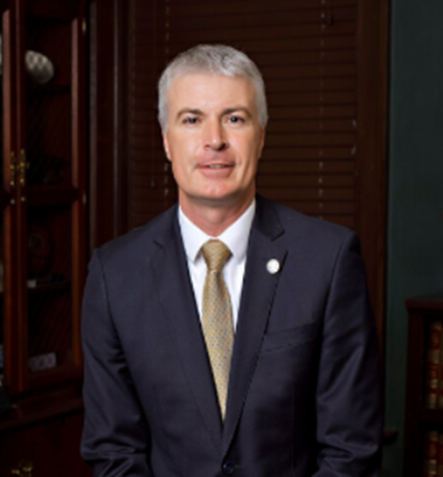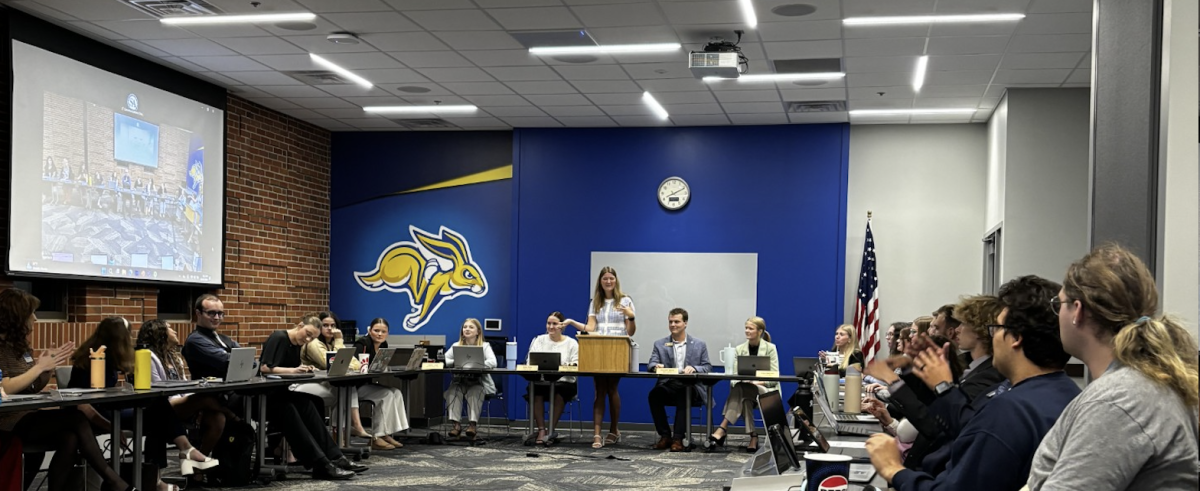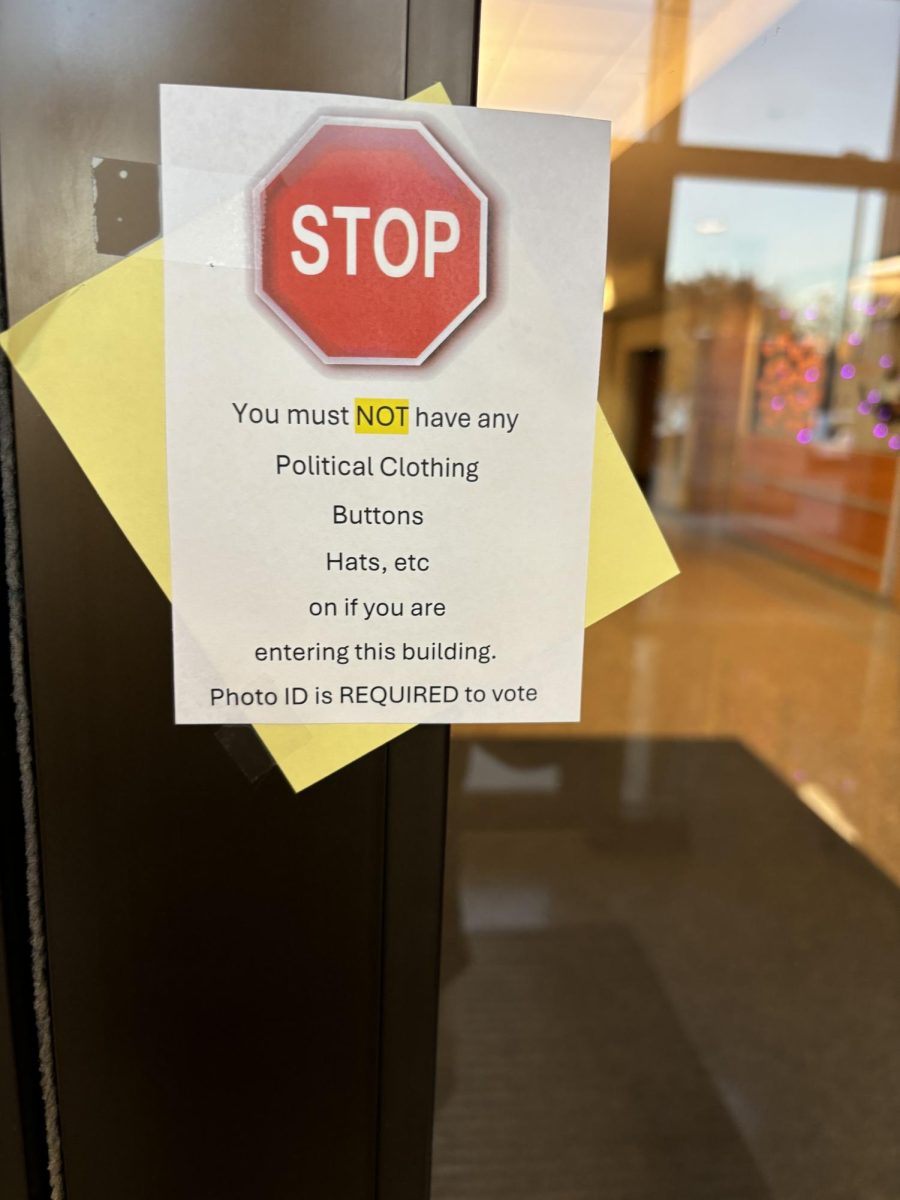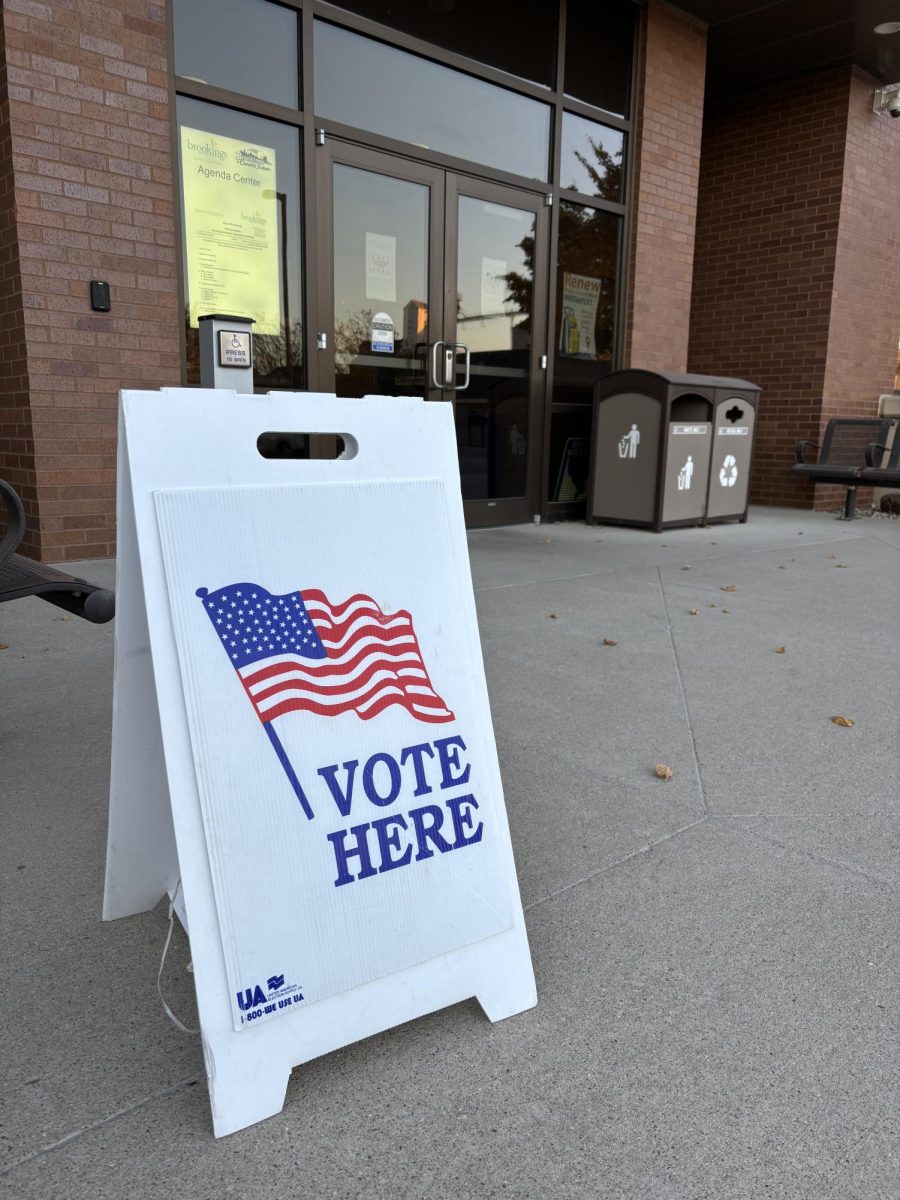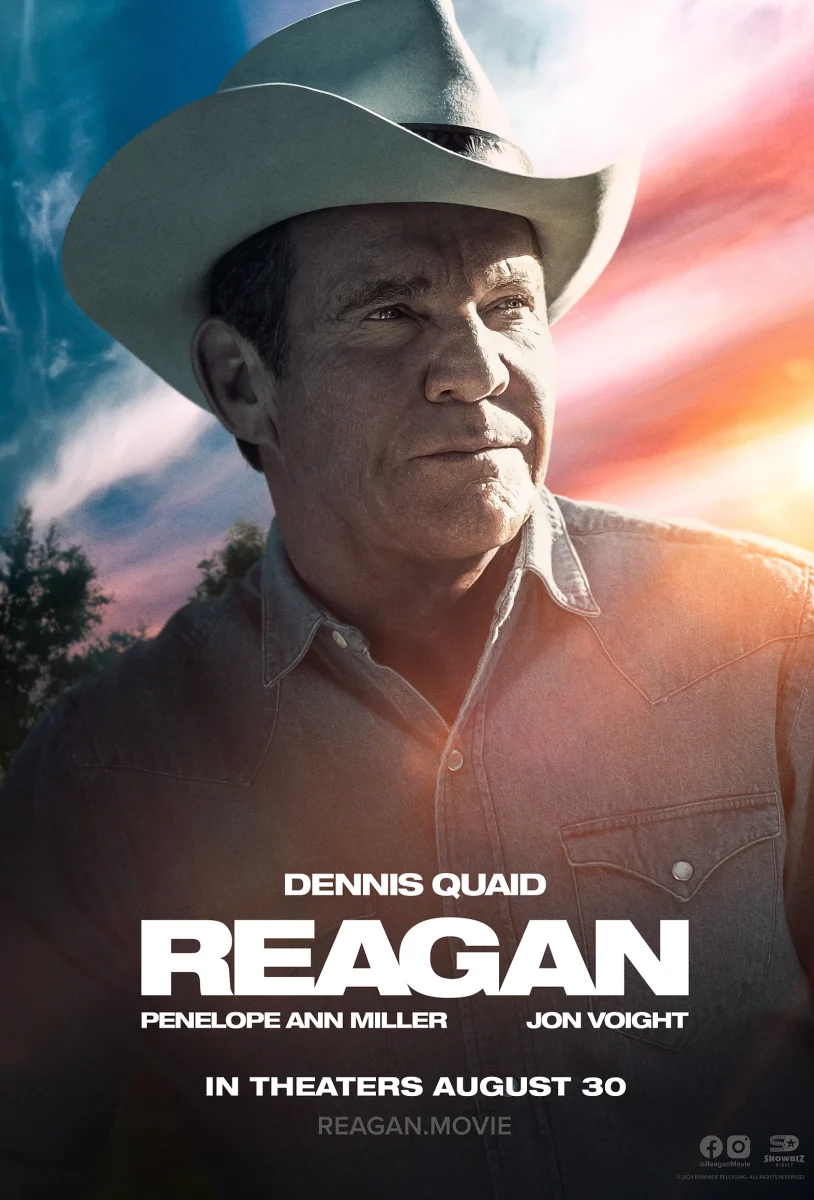Governor Noem’s Disingenuous Motives
April 28, 2020
On Dec. 19, 2019, an New York Magazine Intelligencer article predicted South Dakota’s likely future efforts to restrict protest and free speech rights under the guise of preventing “riot boosting.” On Feb. 26, 2020, the American Civil Liberties Union shared a press release warning us about the impacts of SB 151 and HB 1117. On March 27, the HuffPost released an article highlighting South Dakota as one of three states to pass pro-fossil fuel legislation during the coronavirus crisis. On March 30, I became aware of the two bills which had already been signed into law in my home state for the first time.
I’ve always prided myself on keeping up with what is going on back home. It is, of course, a private arrogance, patting myself on the back whenever I notice some niche issue. You know the kind, something that I haven’t heard anyone in my circles talk about, but is probably worth talking about. A retweet here, a strongly worded email there, voting whenever an election rolls around, it all meant I was doing my civic duty for a community I don’t even physically reside in anymore! That was until I was given a few weeks to sit alone with my thoughts and occasional calls from hometown friends.
The news hit me with a strange mix of familiarity; feelings of frustration over South Dakota’s missteps making their way onto the national circuit are absolutely nothing new, and surprise, few things had been able to get under my skin since the initial realization that we truly were in uncharted territory during this global pandemic. Sitting there on my roommate’s giant red couch, phone battery at a concerning 2%, I was mad. Of all the emotions this situation had produced within me, this one was new.
Am I disappointed in myself? I know I am not the one to blame… or am I? A really preliminary Google search on the connection between climate change and the spread of disease paints a vivid enough picture for anyone to heed the issue as, at the very least, a serious one. My few Environmental Studies courses have not made me even close to enough of an expert on the subject to have some sort of moral imperative to ensure that the South Dakota State Legislature is aware of this. But then everything is clear again, this bill has been in the works since January and legislators have been circling in on “riot boosting” as an issue ever since Dakota Access Pipeline and Keystone protestors managed to get South Dakota in the national news cycle for something that wasn’t egregious attacks on trans folk or questionable, to say the least, ad campaigns.
Signed into law only three days after a federal judge ruled in favor of the Standing Rock Sioux nation agreeing that the U.S Army Corps for Engineers’ permits were in violation of the National Environmental Protection Act, these bills attempt to prevent future protests similar to the ones seen at Standing Rock and Keystone. SB 151 creates a lengthy list of “critical infrastructure,” whether under construction or not and including gas and oil pipelines, that the impairment or interruption of will result in a Class 6 felony and the damage or tampering of will result in a Class 4 felony. HB 1117 loosens the definition of riot into any group of three or more people using force or violence to damage property or cause injury, as well as adding provisions relating to riot boosting. Support for these bills wasn’t unilateral in the legislature. Senator Craig Kennedy of Yankton explained to me that he initially did not support SB 151, but was convinced to support it following amendments. However, he refused to support HB 1117, citing multiple reasons but most interestingly he wrote, “I also object to the continued use of the term ‘“riot boosting,’” which is undefined and not consistent with law pertaining to incitement to riot that has been developed over the years in other jurisdictions.” It is worth noting that there is no definition of riot boosting provided in the bill despite it being repeatedly referenced.
I’m not afraid to admit it, Kristi Noem (or at least one of Kristi Noem’s Instagram posts) received the brunt of mostly emotional responses after a handful of South Dakotans were made aware of her signing these bills into law in the midst of a crisis. But, imagine, you’ve grown up thinking you just managed to miss entering the workforce during the Great Recession, you go to college and learn the lessons Occupy Wall Street attempted to impart on the nation, all along the way thinking we’ve set ourselves up for some real, fundamental change and then boom! You wake up one morning to the news that you, your friends, and your family will likely be facing the brunt of an even greater economic catastrophe only to have your governor telling you to “hang in there.” Sure, there’s emotion behind the backlash, but that in no way makes it unfounded.
In response to the coronavirus outbreak, Noem is only offering platitudes and half-measures, leaving enforcement up to cities, ‘removing the teeth of a universal approach’ according to Sioux Falls Mayor Paul TenHaken. Refusing to follow suit of nearly every state around her, Noem refuses to issue a shelter-in-place order for South Dakota, passing along the buck and asking South Dakotans to fend for themselves under the guise of limits to the power of the state. Consider this in contrast to SB 151 and HB 1117, which have little to no concern for what ought to be in the state’s power and trample over the free speech rights of South Dakotans and protecting the fossil fuel industry as a response to some of the most effective protests our nation has seen, all thanks to indigenous leaders, and suddenly it is clear, protecting South Dakota and its people is not what matters to Noem, protecting the wealthy is.

